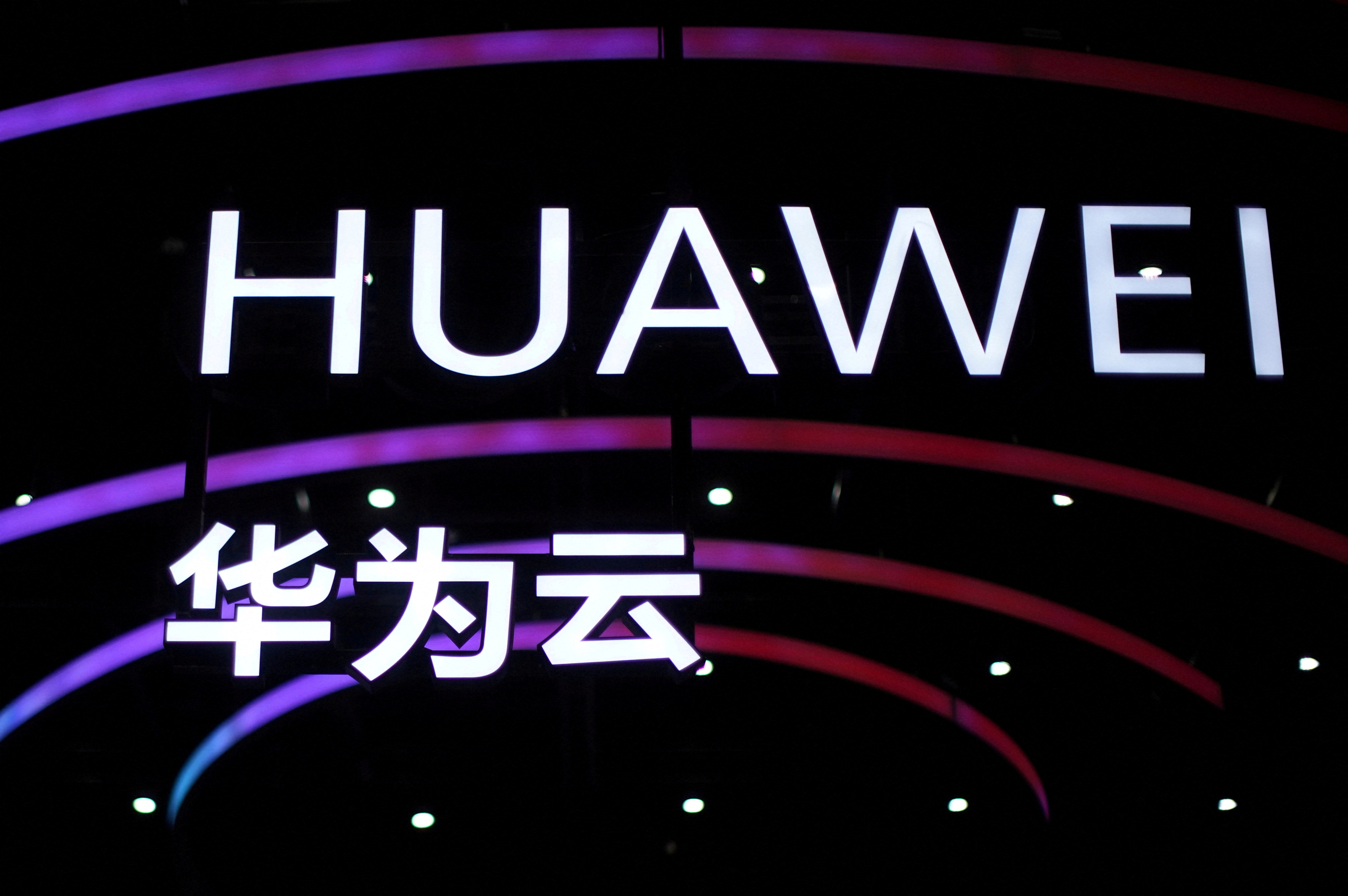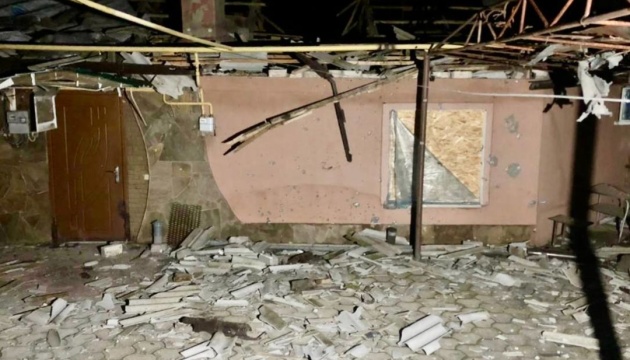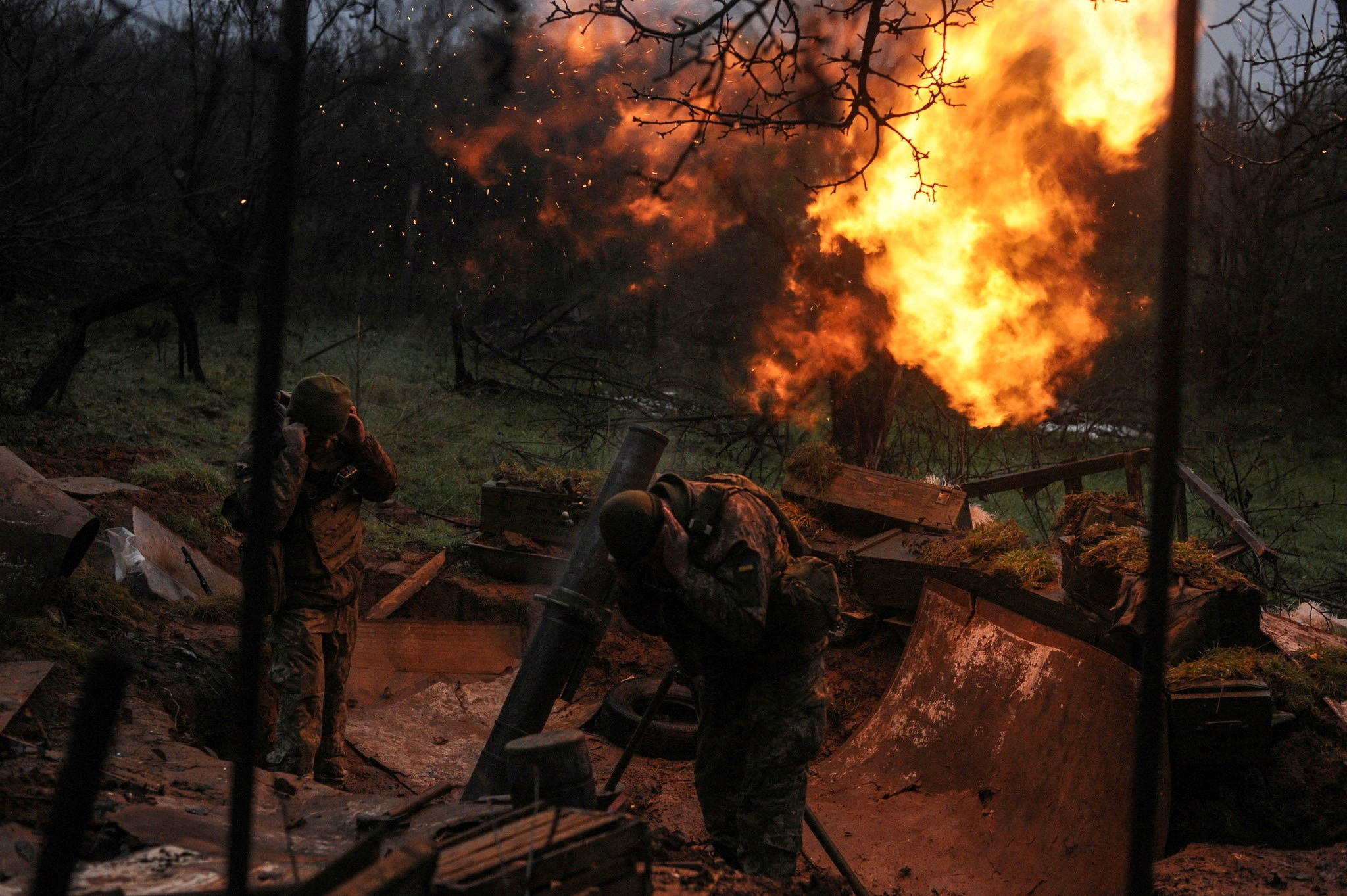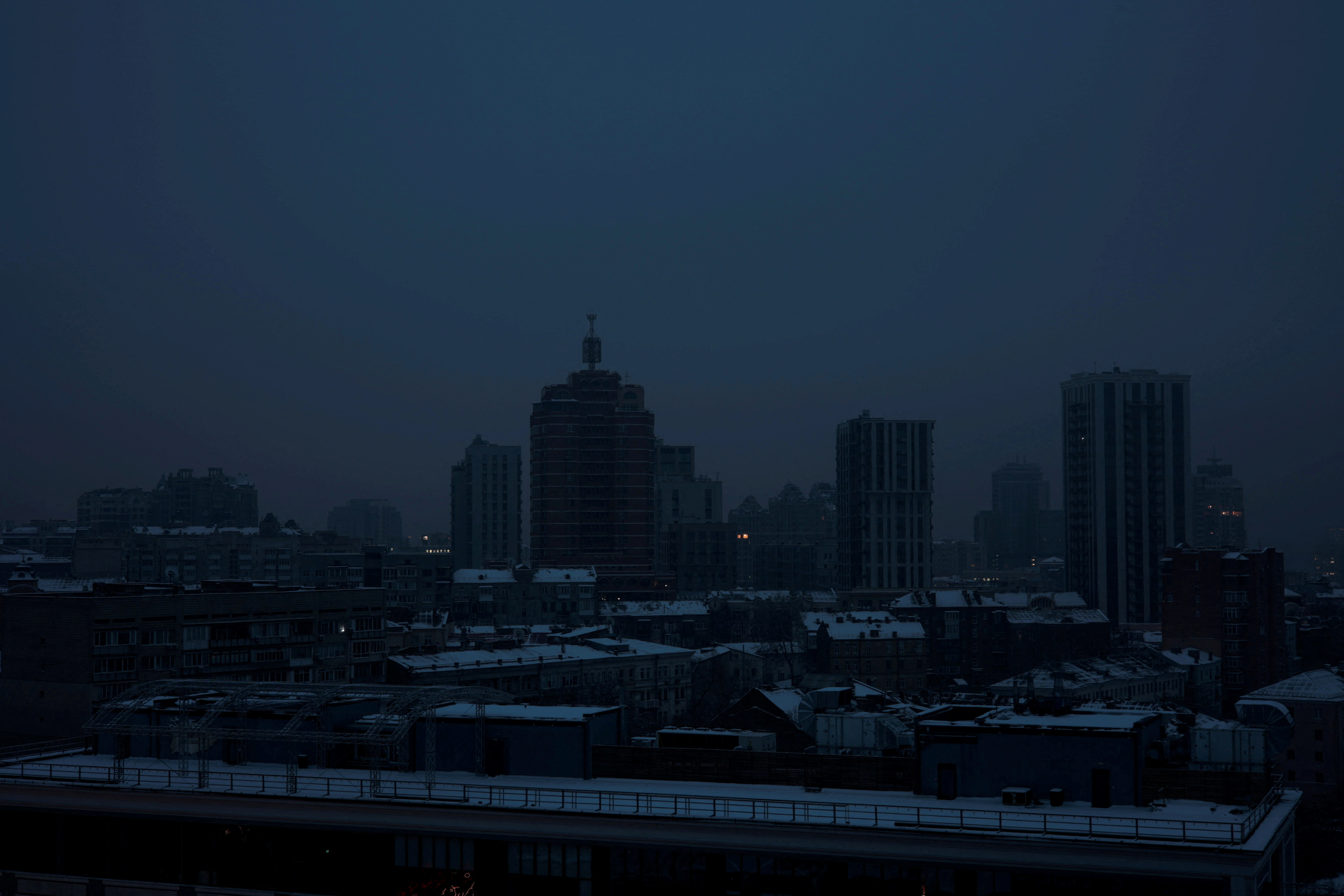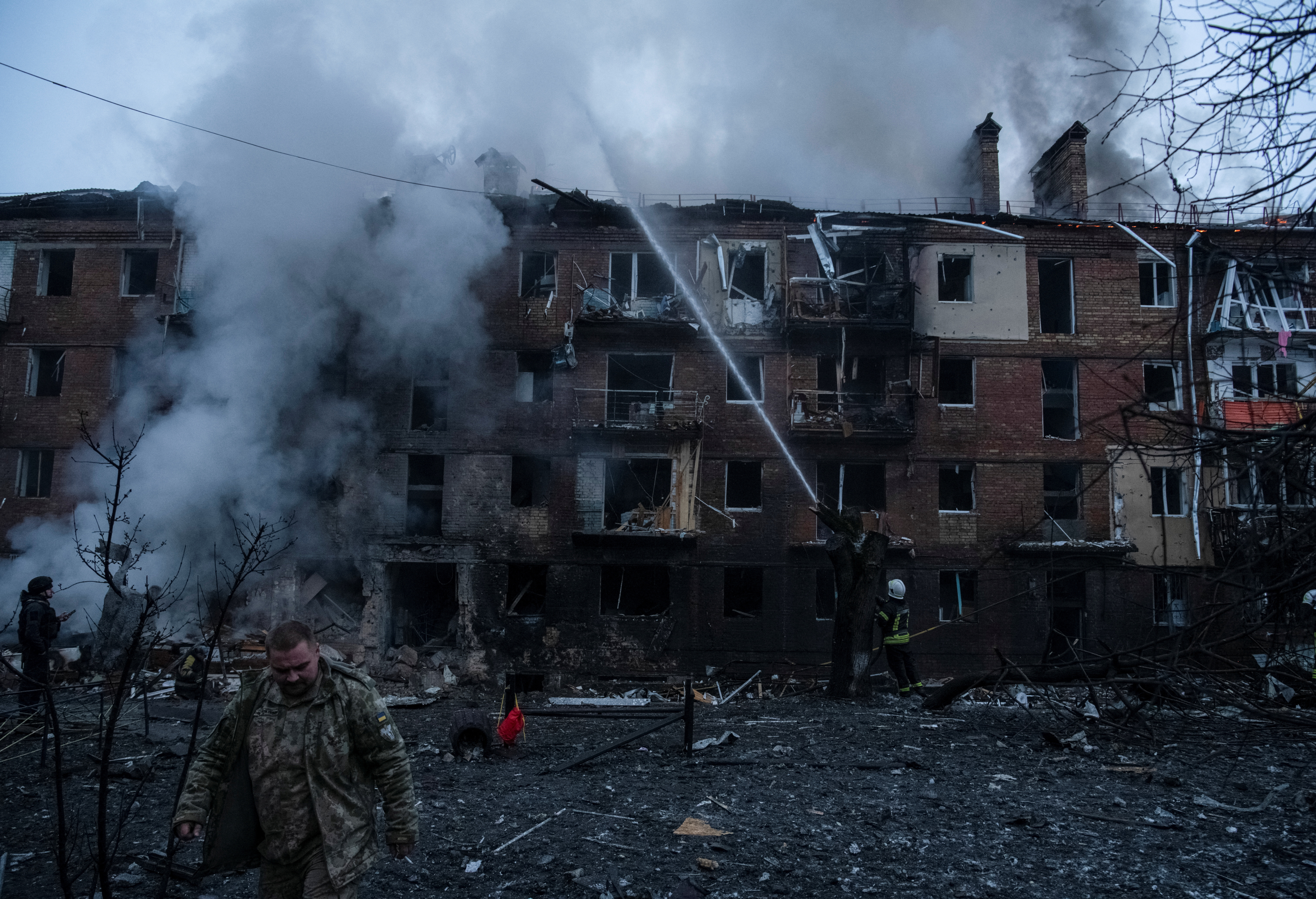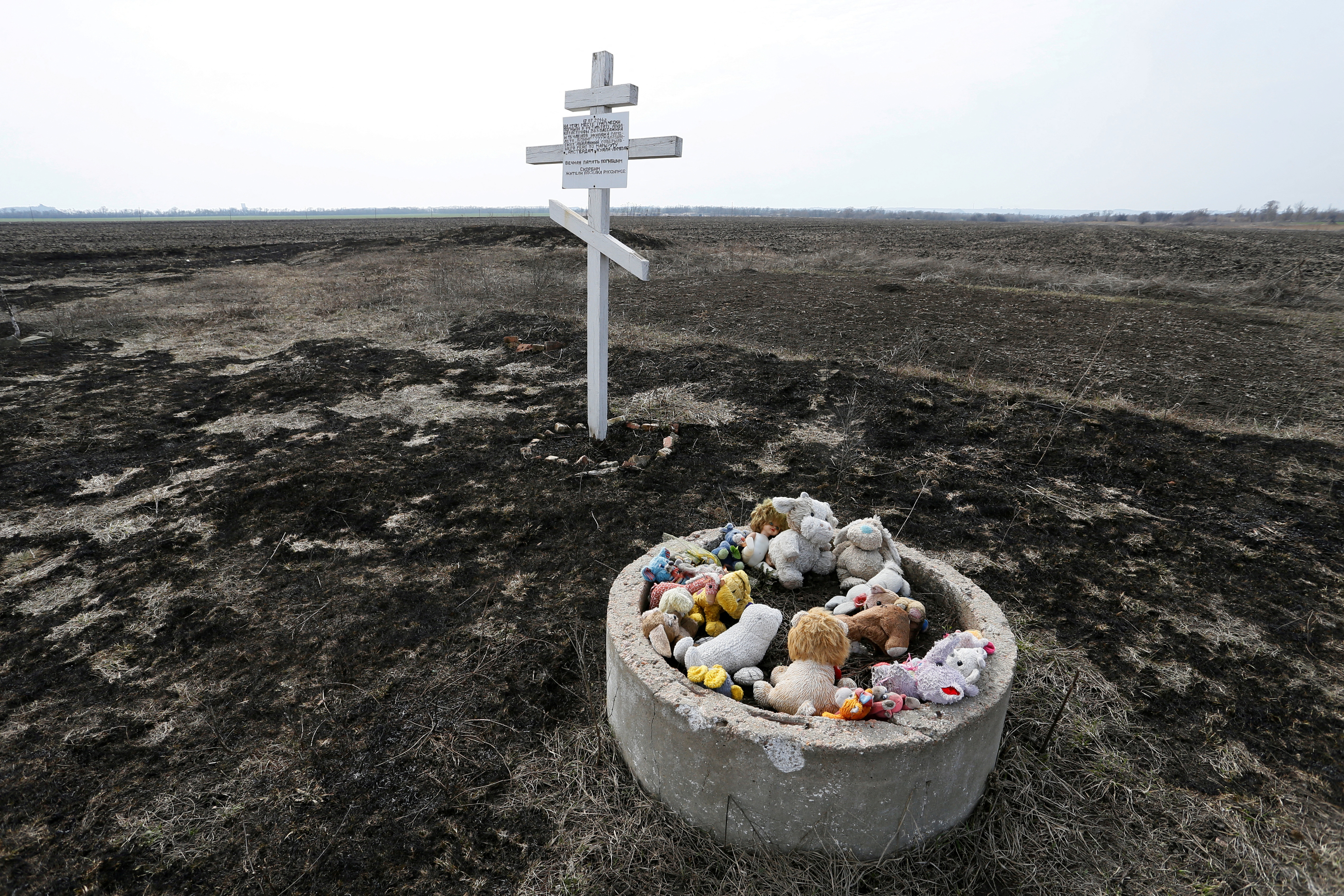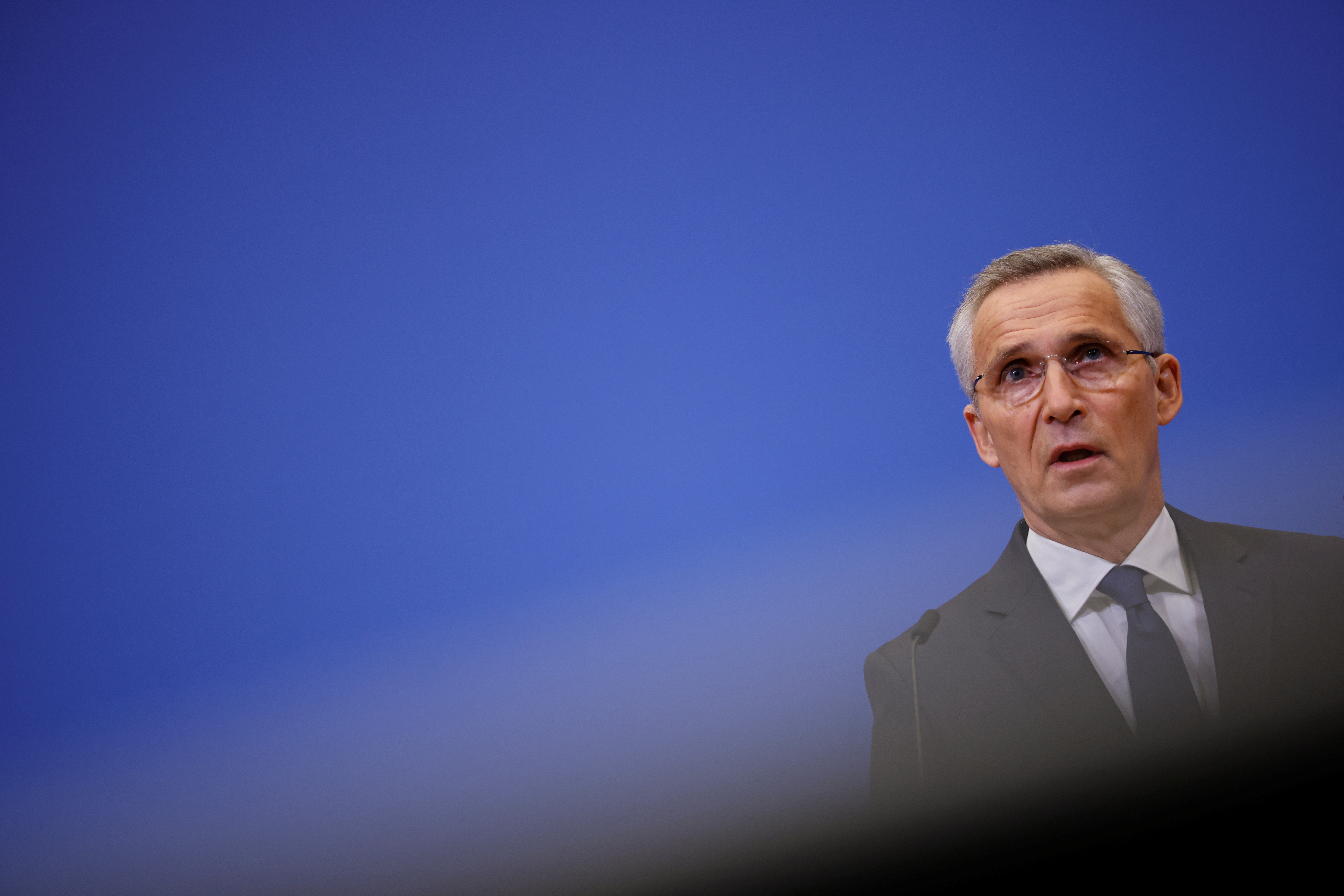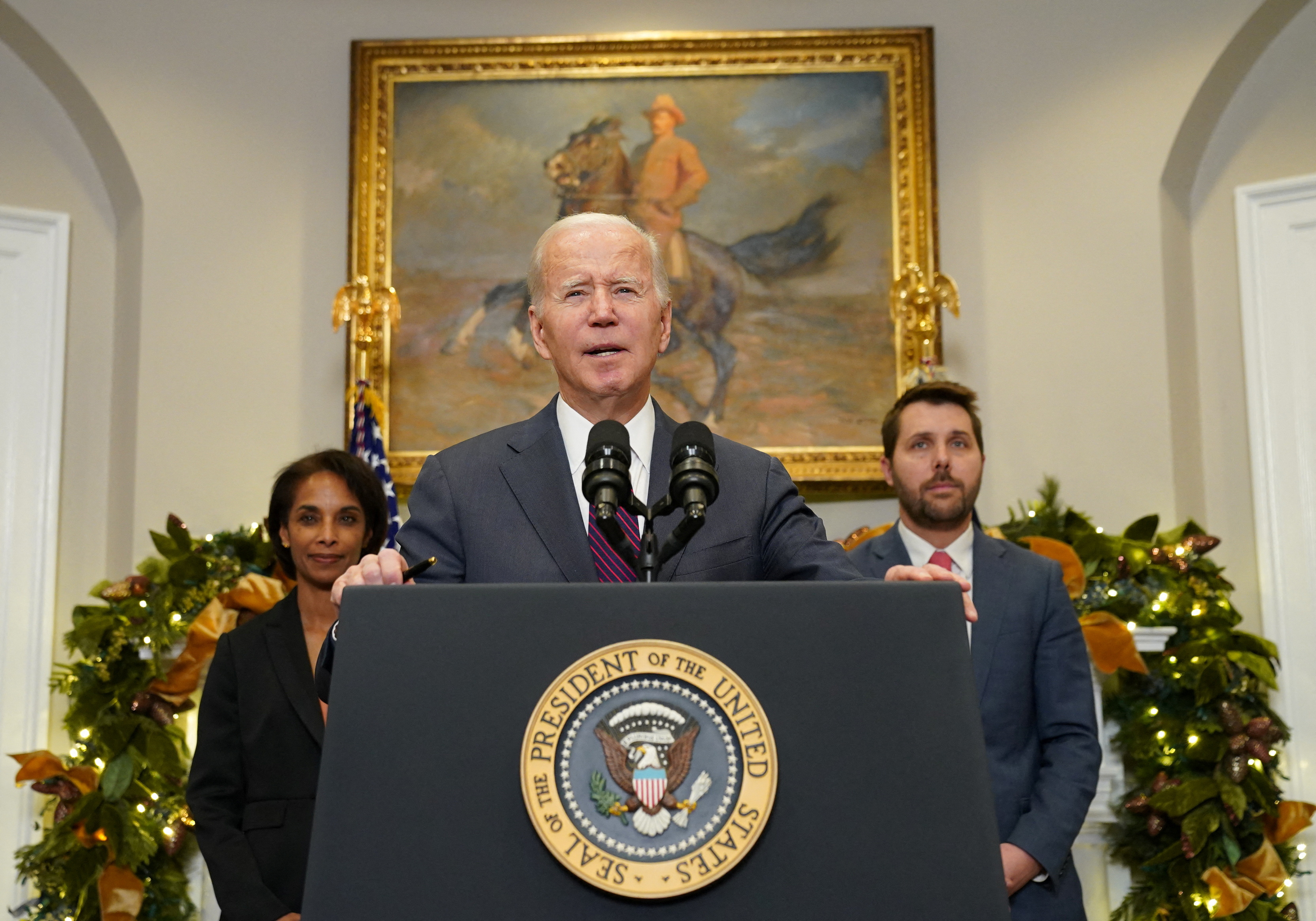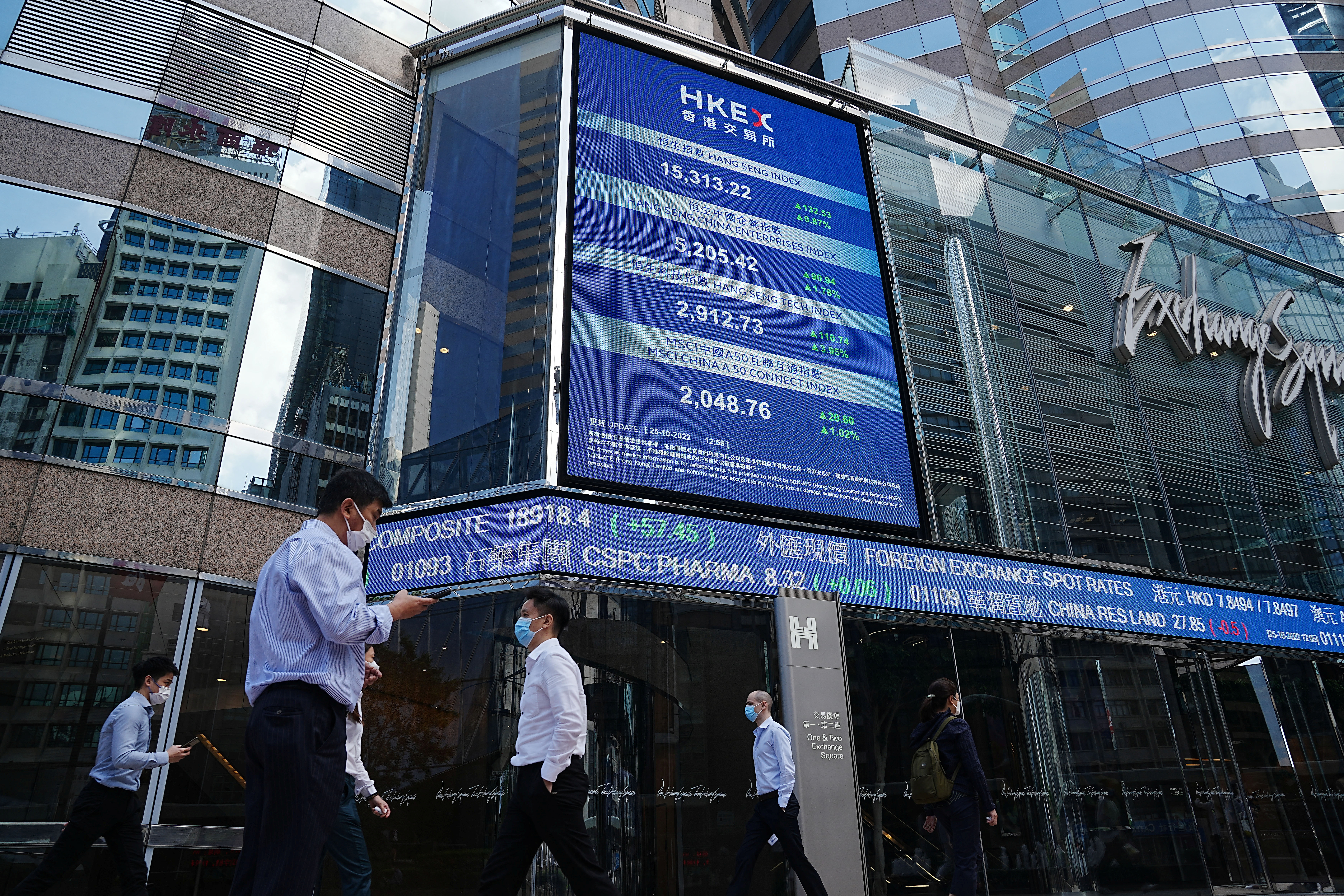2022-12-14T06:26:22Z
Some 70 countries and institutions worldwide pledged more than 1 billion euros, or $1.05 billion, in immediate aid to help Ukraine get through a harsh winter as Russian forces batter its energy grid and other critical civilian infrastructure. Lauren Anthony reports.
Kyiv’s air defence systems shot down 10 Russian drones on Wednesday, the city’s mayor said, while the United States is close to finalising plans to send its Patriot air defence system to Ukraine in a potentially pivotal move in the conflict.
Kyiv Mayor Vitali Klitschko said that air-defence systems shot down 10 Iranian-made Shahed drones and that there were explosions in the central Shevchenkivskyi district.
The Kyiv administration said that according to preliminary information, two administrative buildings in Shevchenkivskyi were damaged and information about potential casualties was being clarified.
Reuters was not able to independently verify the information.
Washington could announce a decision as soon as Thursday on providing the Patriot, two officials told Reuters on Tuesday. The Patriot is considered one of the most advanced U.S. air defence systems and is usually in short supply, with allies around the world vying for it.
Former Russian President Dmitry Medvedev has warned NATO against equipping Kyiv with Patriot missile defences, and it is likely the Kremlin will view the move as an escalation.
The Patriot system would help Ukraine defend against waves of Russian missile and drone attacks that have pounded the country’s energy infrastructure.
The General Staff of Ukraine’s armed forces morning report on Wednesday highlighted the need for air defence systems throughout the country.
It said in the past 24 hours in Kharkiv, Donetsk and Zaporizhzhia regions “the enemy launched 1 air and 11 missile strikes, 3 of them on the civilian infrastructure…(and) launched more than 60 attacks from multiple rocket launchers”.
Gaining Patriot air defence capability would be “very, very significant” for the Kyiv government, said Alexander Vindman, a retired Army lieutenant colonel and onetime leader of Ukraine policy at the White House.
“These are going to be quite capable of dealing with a lot of different challenges the Ukrainians have, especially if the Russians bring in short-range ballistic missiles” from Iran.
The Pentagon declined comment. There was no immediate comment from Ukrainian officials.
Kyiv held high-level military talks on Tuesday with Washington, Ukrainian President Volodymyr Zelenskiy’s office said. The United States has given Ukraine $19.3 billion in military assistance since Russia’s invasion on Feb. 24.
One of the U.S. officials said Ukrainian forces would likely be trained in Germany before the Patriot equipment was delivered. Vindman said the training could take several months.
The Pentagon says Russia’s recent surge in missile strikes is partly designed to exhaust Ukraine’s supplies of air defences so it can dominate the skies above the country.
For that reason, the United States and its allies have been delivering more air defences to Kyiv, everything from Soviet-era systems to more modern, Western ones. Washington has provided NASAMS air defence systems that the Pentagon says have flawlessly intercepted Russian missiles in Ukraine.
Millions of civilians who are enduring Europe’s biggest conflict since World War Two have had to contend with cuts to power, heat and water as harsh winter conditions take hold.
In Paris, about 70 countries and institutions pledged just over 1 billion euros ($1.05 billion) to help maintain Ukraine’s water, food, energy, health and transport in face of Russia’s attacks, French Foreign Minister Catherine Colonna said.
Sergey Kovalenko, the head of the YASNO power company, said on Facebook that repairs continued on the electric grid but that Kyiv still only had two-thirds of the power it needed.
In a video speech to the New Zealand parliament on Wednesday, Ukrainian President Volodymyr Zelenskiy said the environmental harm from Russia’s war will affect millions of people for years.
Russian attacks have contaminated the country’s oceans and 3 million hectares (7.4 million acres) of forest, he said.
“Dozens of rivers are polluted, hundreds of coal mines are flooded, dozens of the most dangerous enterprises, including chemical ones have been destroyed by Russian strikes,” he said, according to translation provided by the parliament.
“All this … will have a direct impact on millions of people,” he said, referring to leaks of hazardous chemicals and contamination from mines and munitions.
“You cannot rebuild the destroyed nature, just as you cannot restore the destroyed lives,” Zelenskiy added.
There are no peace talks under way to end the conflict that began on Feb. 24, which Moscow describes as a “special military operation” against security threats posed by its neighbour. Ukraine and its Western allies call it an unprovoked, imperialist land grab.
Russia on Tuesday dismissed a peace proposal from Zelenskiy that would involve a pullout of Russian troops and demanded that his government accept Russia’s annexations.
Related Galleries:
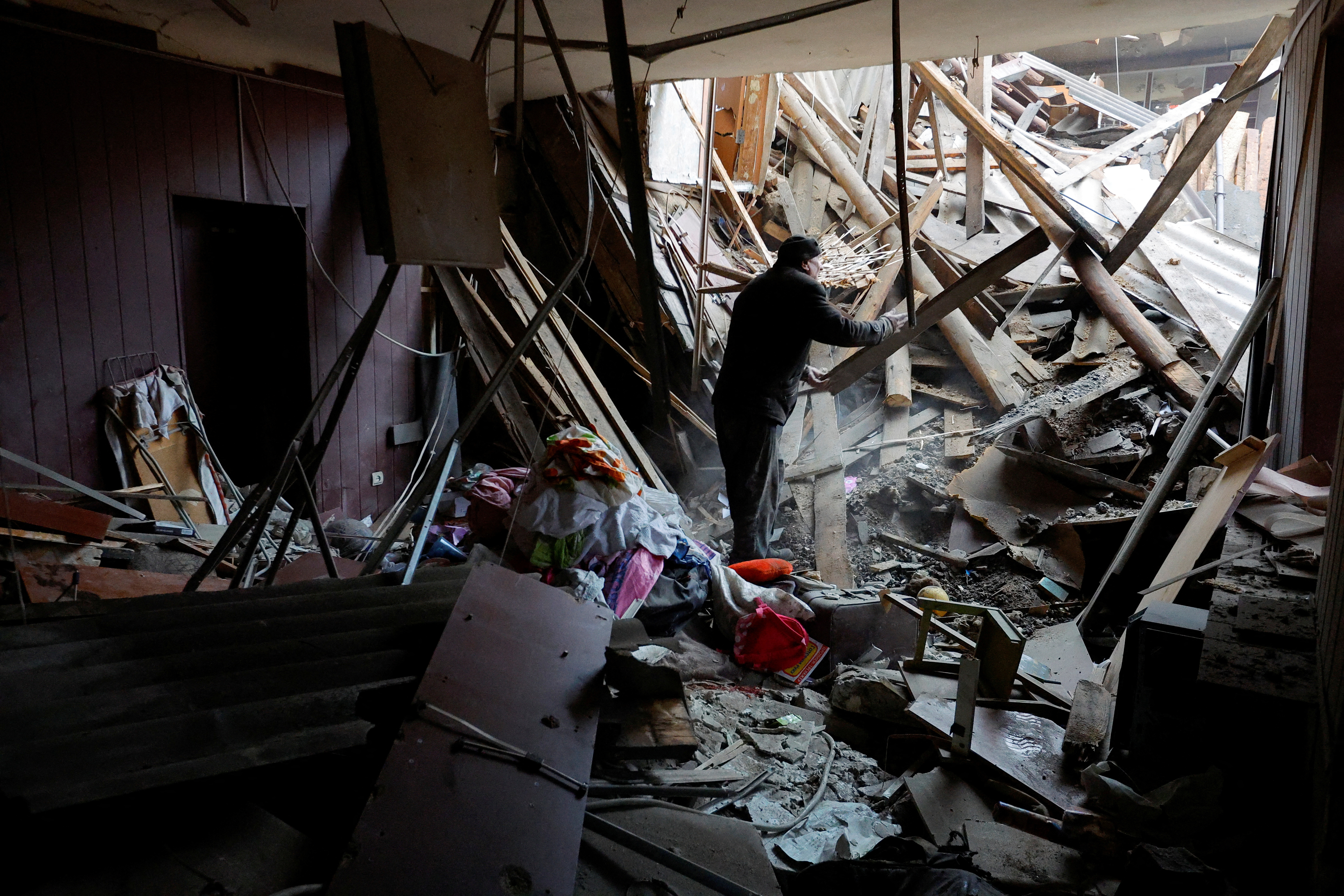
Local resident Sergei stands amid debris while gathering his belongings in an apartment inside a building heavily damaged in recent shelling in the course of Russia-Ukraine conflict in Horlivka (Gorlovka) in the Donetsk region, Russian-controlled Ukraine, December 13, 2022. REUTERS/Alexander Ermochenko
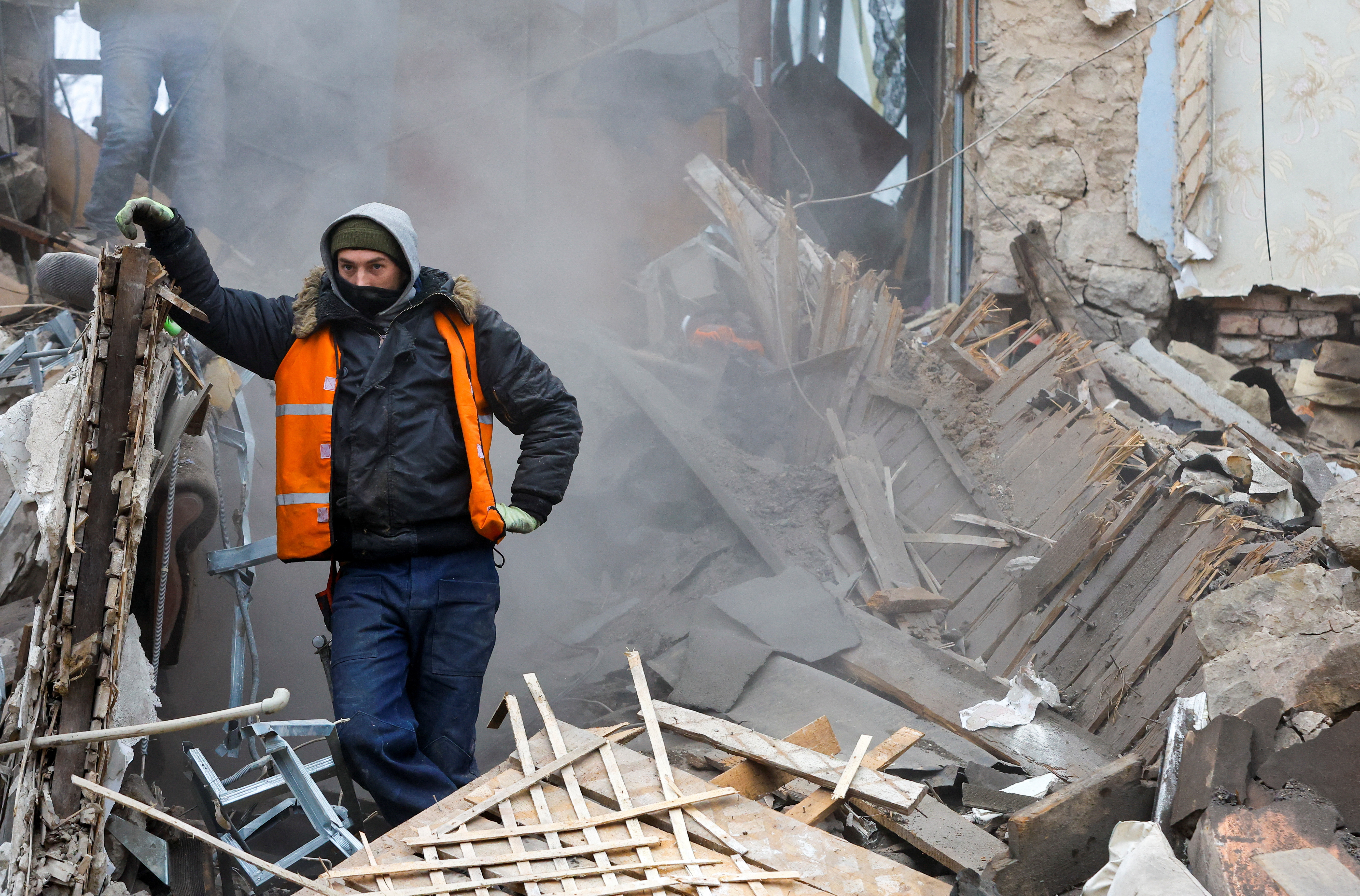
Workers remove debris of a residential building heavily damaged in recent shelling in the course of Russia-Ukraine conflict in Horlivka (Gorlovka) in the Donetsk region, Russian-controlled Ukraine, December 13, 2022. REUTERS/Alexander Ermochenko
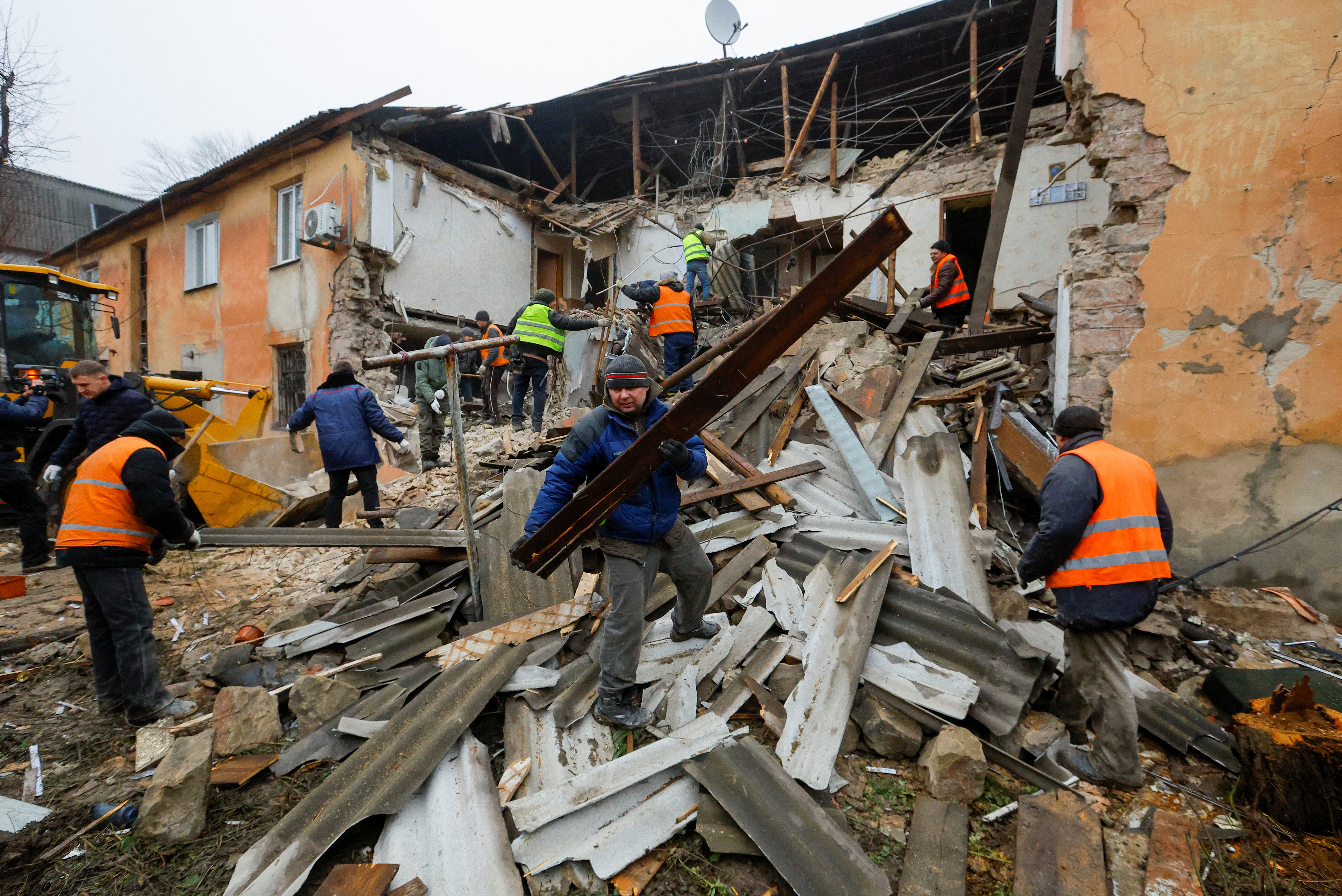
Workers remove debris of a residential building heavily damaged in recent shelling in the course of Russia-Ukraine conflict in Horlivka (Gorlovka) in the Donetsk region, Russian-controlled Ukraine, December 13, 2022. REUTERS/Alexander Ermochenko
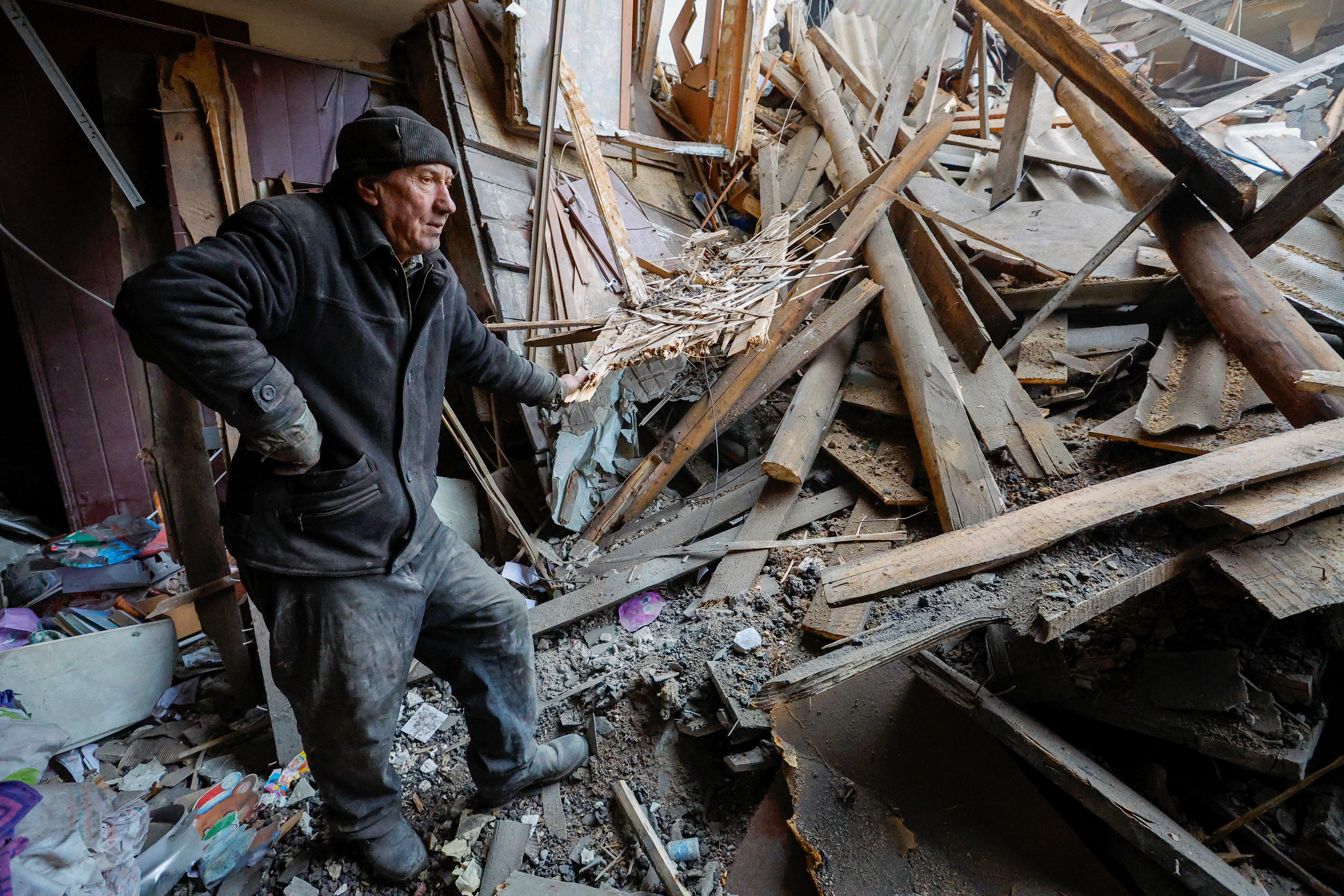
Local resident Sergei stands amid debris of his apartment in a building heavily damaged in recent shelling in the course of Russia-Ukraine conflict in Horlivka (Gorlovka) in the Donetsk region, Russian-controlled Ukraine, December 13, 2022. REUTERS/Alexander Ermochenko
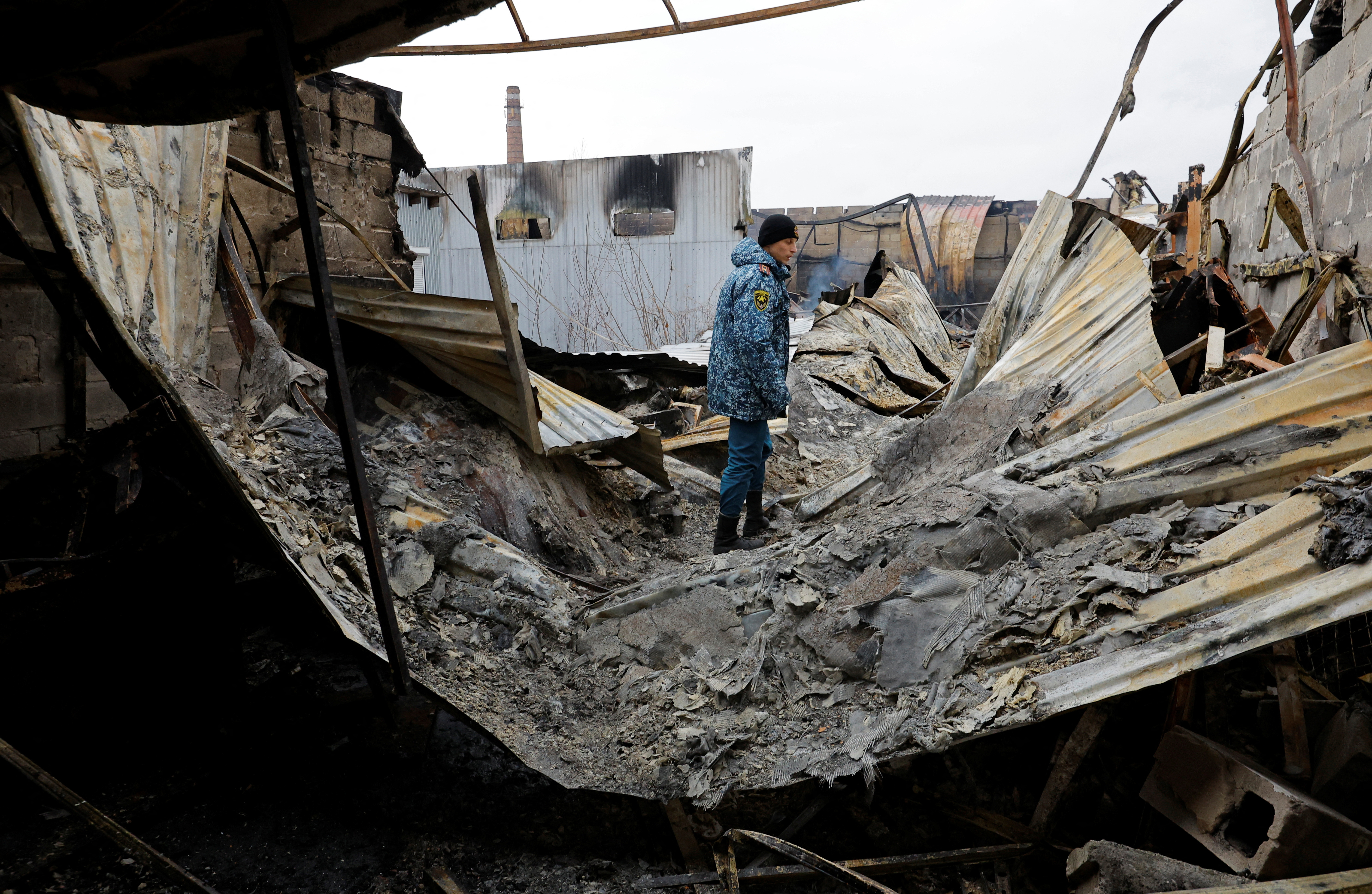
An emergencies ministry member walks at a local market hit by shelling in the course of Russia-Ukraine conflict in Donetsk, Russian-controlled Ukraine, December 12, 2022. REUTERS/Alexander Ermochenko
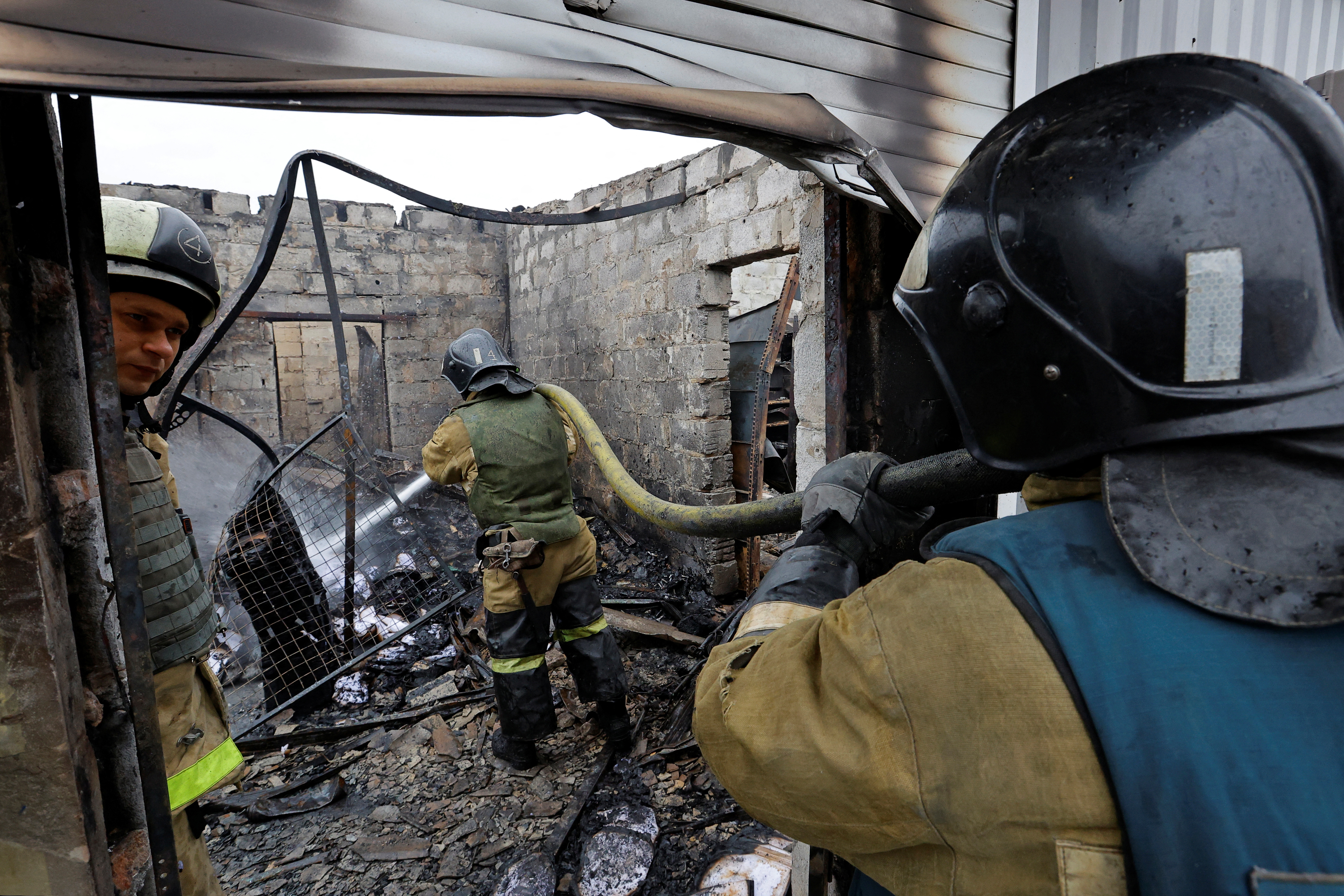
Firefighters work at a local market hit by shelling in the course of Russia-Ukraine conflict in Donetsk, Russian-controlled Ukraine, December 12, 2022. REUTERS/Alexander Ermochenko
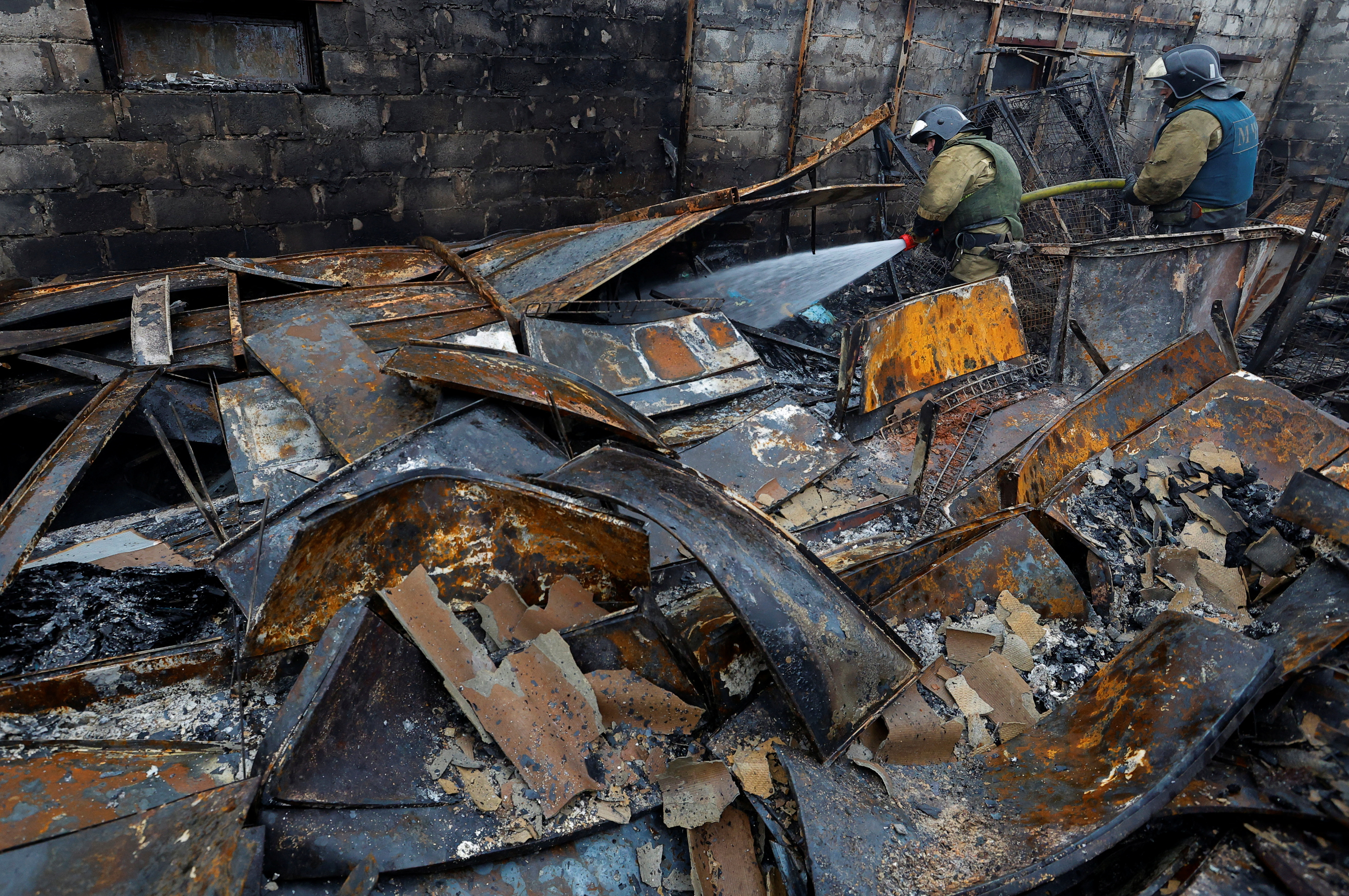
Firefighters work at a local market hit by shelling in the course of Russia-Ukraine conflict in Donetsk, Russian-controlled Ukraine, December 12, 2022. REUTERS/Alexander Ermochenko
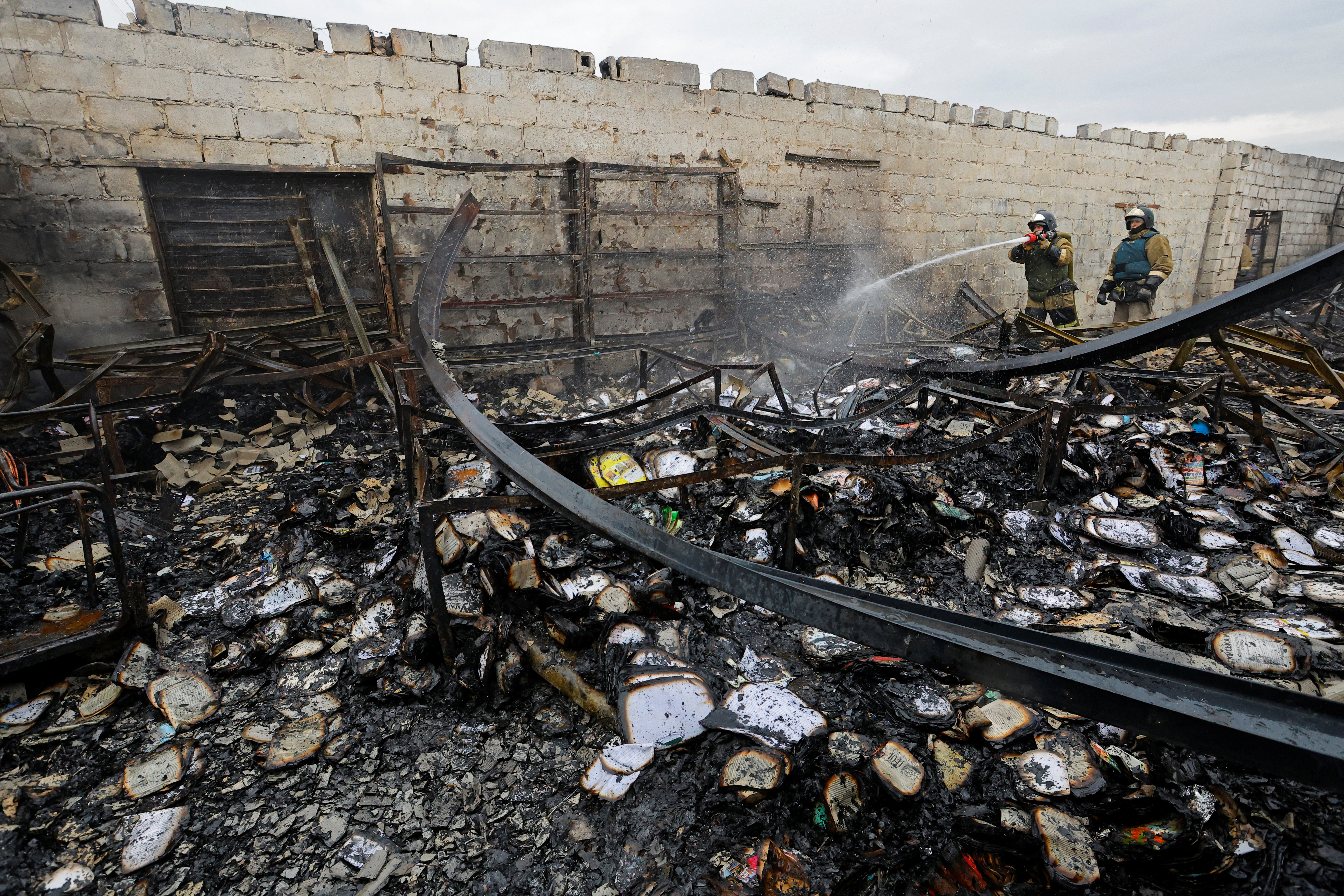
Firefighters work at a local market hit by shelling in the course of Russia-Ukraine conflict in Donetsk, Russian-controlled Ukraine, December 12, 2022. REUTERS/Alexander Ermochenko
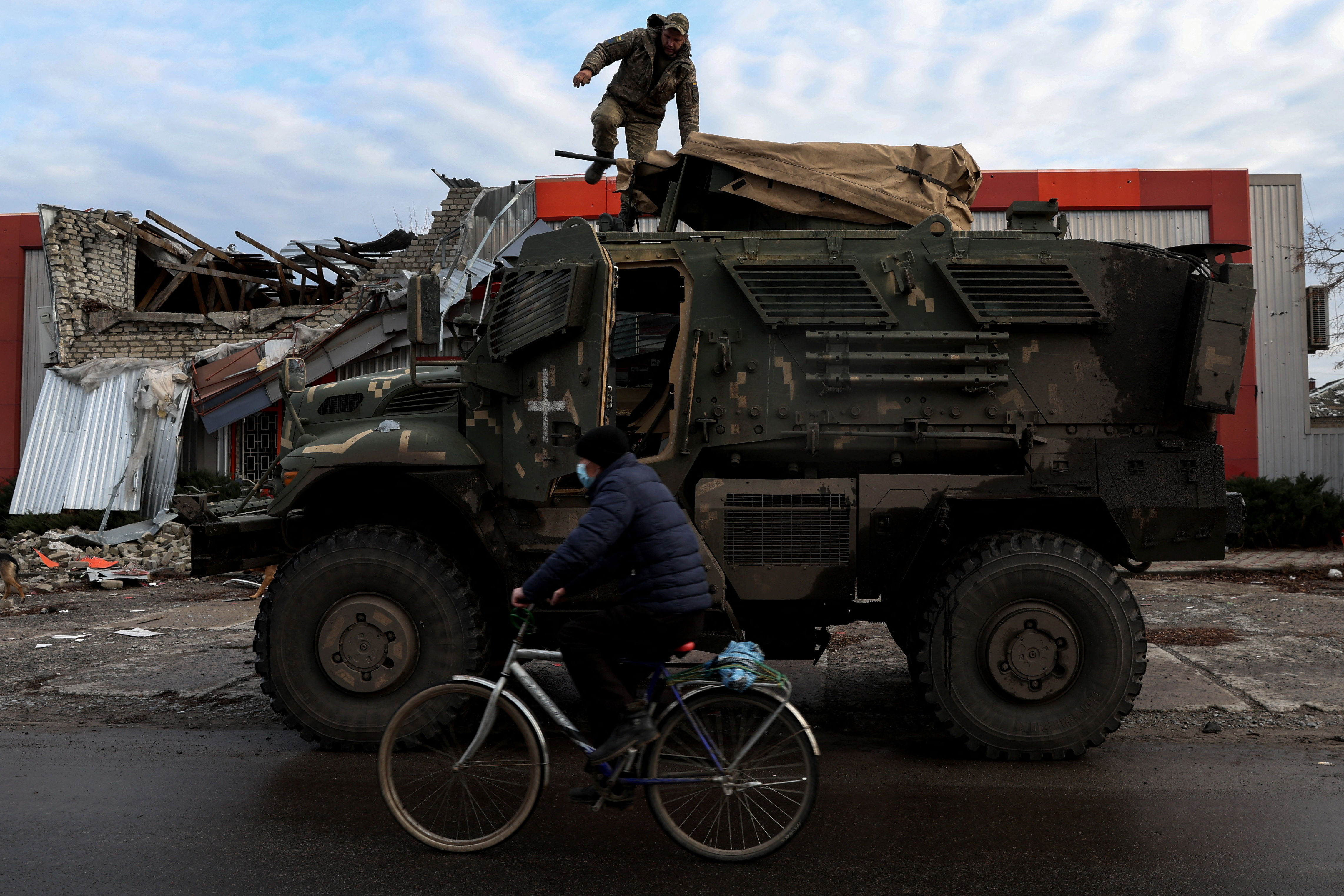
A man wearing a protective face mask rides a bike, as Russia’s attack on Ukraine continues, past a soldier on an American MaxxPro military vehicle in the formerly Russian occupied city of Lyman, Donetsk region of Ukraine, December 11, 2022. REUTERS/Shannon Stapleton

Ukraine’s President Volodymyr Zelenskiy attends an International Human Rights forum, amid Russia’s attack on Ukraine, in Kyiv, Ukraine December 9, 2022. Ukrainian Presidential Press Service/Handout via REUTERS
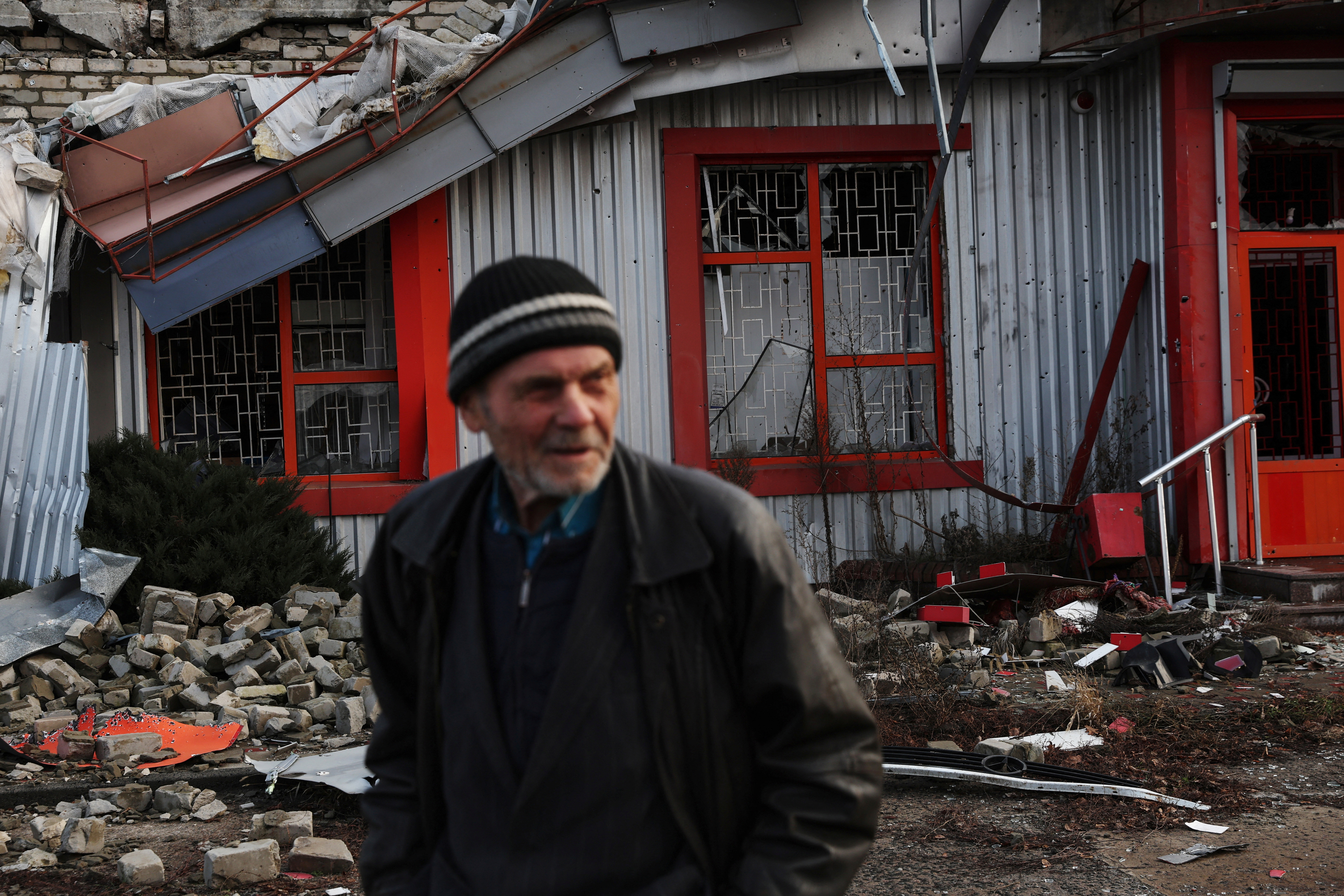
A man walks down by a damaged building, as Russia’s attack on Ukraine continues, inside the war-torn formerly Russian occupied city of Lyman, Donetsk region of Ukraine, December 11, 2022. REUTERS/Shannon Stapleton
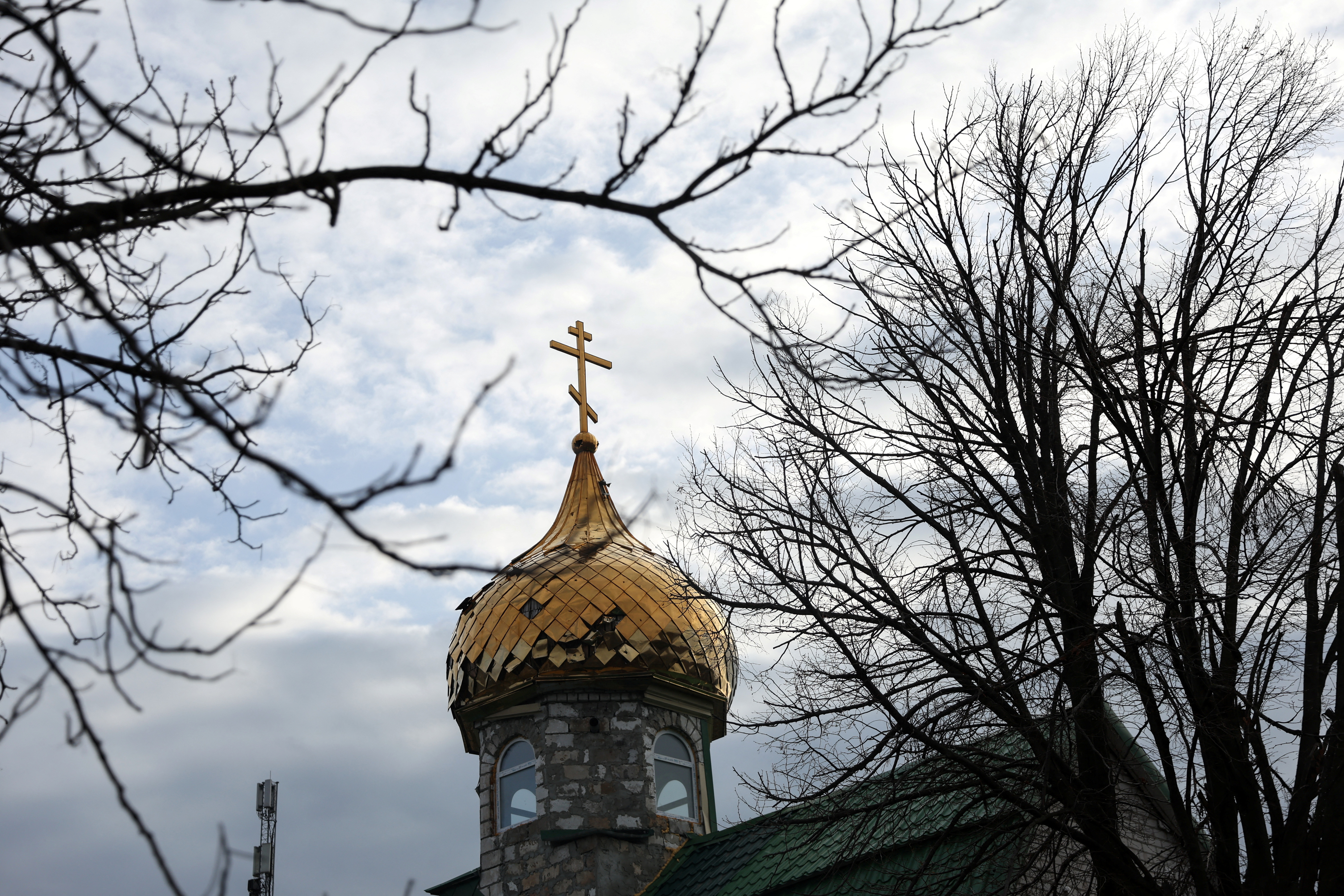
The remains of a cathedral on a war-torn church stand, as Russia’s attack on Ukraine continues, in the formerly Russian occupied city of Lyman, Donetsk region of Ukraine, December 11, 2022. REUTERS/Shannon Stapleton

 (@patriottakes)
(@patriottakes) 